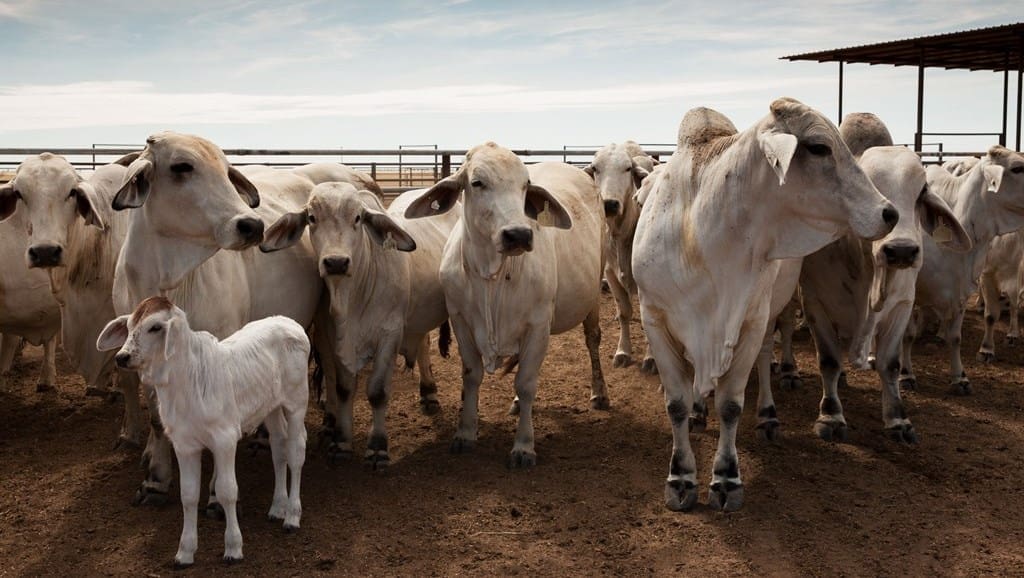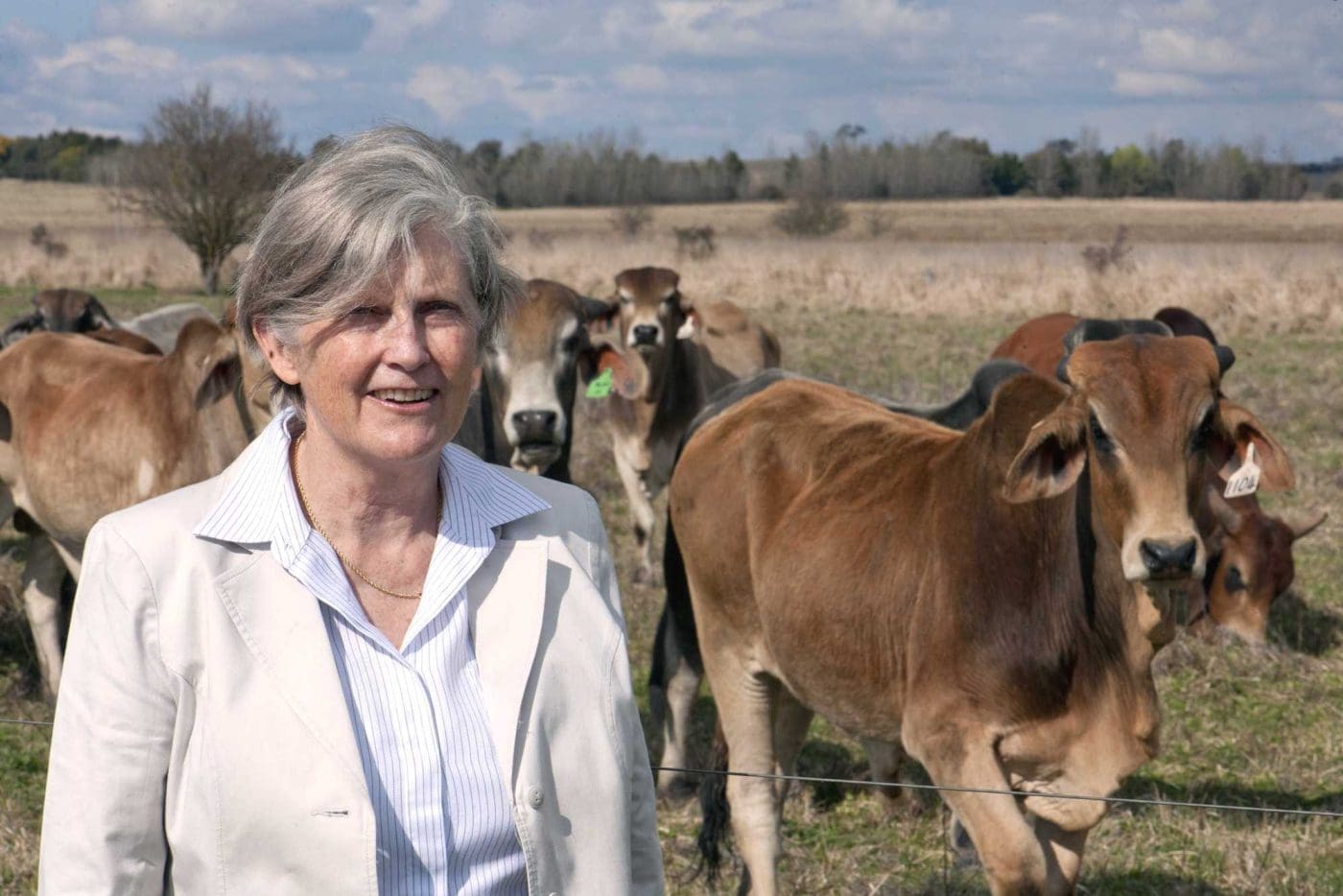
A GROUND-BREAKING multi-nation research study has shown that breeding strong tick resistance into all cattle breeds is feasible, indicating that cattle tick may be much more effectively managed, or even eradicated.
The study demonstrates proof-of-concept for using the cattle genome to tackle a pest that costs the Australian cattle industry more than $175 million a year.
Researchers from Australia, Brazil, Scotland and South Africa contributed to a multi-nation, multi-breed analysis – a first of its kind – which concluded that genomic breeding values can be estimated across a wide range of unrelated cattle breeds and used to improve tick resistance.
 Globally, 80 percent of the world’s cattle are at risk of tick-borne diseases. The economic loss from cattle ticks worldwide is estimated to be US$22-30 billion per annum.
Globally, 80 percent of the world’s cattle are at risk of tick-borne diseases. The economic loss from cattle ticks worldwide is estimated to be US$22-30 billion per annum.
In Australia, and globally, the range of cattle ticks is expanding as the planet warms. As a result, the range is shrinking for cattle breeds with low tick resistance — which includes all the Bos taurus breeds that underpin Australia’s high-value beef export markets.
The new study, led by Brazilian researcher Dr Fernando Cardoso of the Embrapa Pecuária Sul (Brazilian Agricultural Corporation) at Bagé, involved a large cast of scientists from the Roslin Institute in Scotland, UNISA and ARC in South Africa, and the University of Queensland, CSIRO, and the University of New England in Australia.
To arrive at the conclusion that universal tick resistance was possible through genomic breeding tools, the study achieved a world-first multinational genomic assessment of multiple unlinked cattle populations.

Dr Heather Burrow
“For many decades there was a lot of science directed at finding a solution to cattle ticks, but by the mid-1990s it just all looked to be too hard and expensive,” said UNE’s Dr Heather Burrow, a former chief of the Beef Cooperative Research Centre.
“This study indicates that for a relatively small amount of money, we can develop a real solution to cattle ticks.
Until now, Dr Burrow explained, genetic assessment has relied on having cattle populations that were genetically linked and carried records documenting those linkages.
The Cardoso study instead used a mathematical process that allowed relatively cheap low-density chips to represent the whole cattle genome. With the full genome to work with, scientists didn’t need the usual genetic linkages to make their assessment.
Thousands of cattle from seven breeds — from Angus and Braford in Brazil to Tropical Composites in Australia and Nguni in South Africa — were tested for their responses to ticks and the results pooled and analysed.
The researchers reported that there is strong evidence of the heritability of tick resistance across all breeds, an important foundation on which future tick resistance can be built.
 Not unexpectedly, the heritability of tick resistance is strongest among Bos indicus breeds like Brahman and Braford, but the fact that heritability exists in Bos taurus breeds indicates room for improvement among cattle now highly vulnerable to ticks.
Not unexpectedly, the heritability of tick resistance is strongest among Bos indicus breeds like Brahman and Braford, but the fact that heritability exists in Bos taurus breeds indicates room for improvement among cattle now highly vulnerable to ticks.
Dr Burrow believes that the next stage is to make the data more robust by repeating the South African sampling, which was done differently to the work in Brazil and Australia.
Should that reaffirm the current hypothesis, then Dr Burrow believes that not only can cattle be made much less vulnerable to cattle ticks, but that the tick might even be eradicated in Australia.
“If we could eradicate brucellosis and tuberculosis, I can’t say why we couldn’t eradicate cattle tick,” she said.
“The simplest way would be through breeding, but we could take advantage of vaccines and quarantine lines. Australia has a unique ability to take on that sort of ambition, and it would give our beef and dairy industries a unique advantage.
Click here to view an international science journal report on the study.
